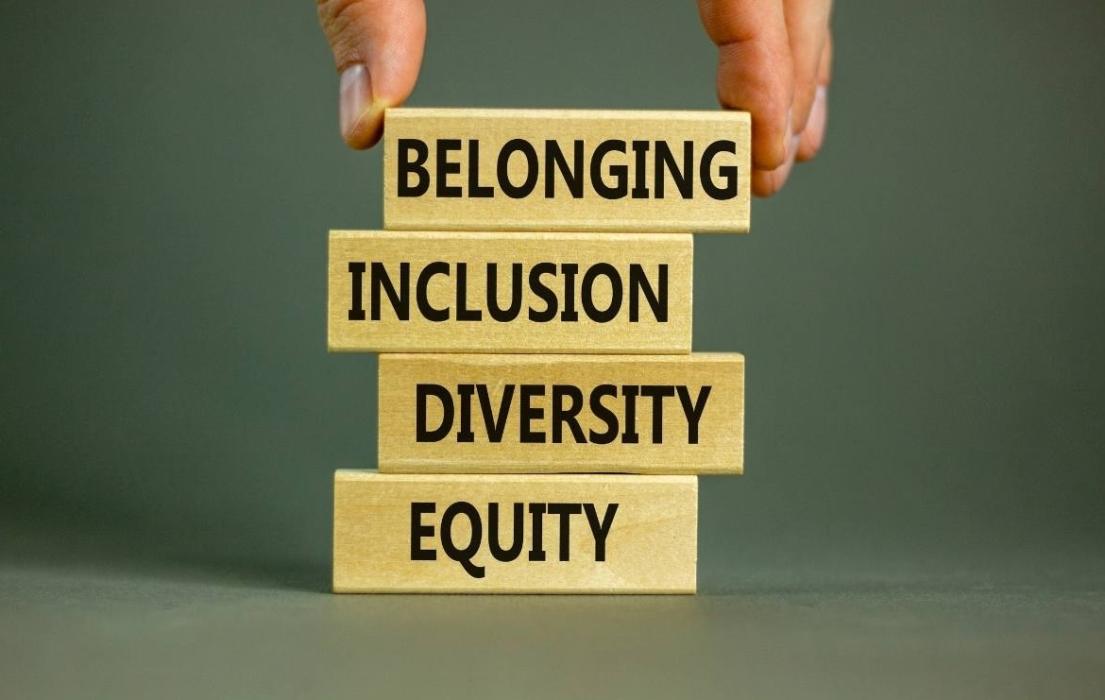
Facilitation Skills
When you're asked to guide a group, clear direction isn’t always built in. It’s easy to feel discouraged when conversations drift, decisions stall, or participants walk away feeling unheard. Whether the goal is gathering input, moving through a complex issue, or coordinating the next steps, facilitation helps bring structure and momentum to the moment without taking over. The conversation often takes shape in real time. It allows you to support dialogue, encourage participation, and keep people aligned as they work toward shared outcomes.
Across workplaces, facilitation is becoming a core leadership skill. From strategic planning to employee engagement and public consultation, more and more situations call for someone who can listen actively, make space for diverse voices, and help others think clearly together. But when facilitation skills are missing, those conversations can fall flat or fall apart. Ideas may go unspoken, conflicts may escalate, and decision-making can falter.
This workshop will help you lead inclusive, focused, and productive discussions. You’ll learn to prepare and lead sessions that balance structure and adaptability. You’ll also build active listening, feedback, delegation and framing skills—tools that help groups stay focused and move forward. Through hands-on practice and real-time feedback, you’ll gain experience applying these tools in a supportive environment.
By the end of the session, you’ll be equipped to support meaningful group work with confidence and clarity. You’ll be ready to create the conditions that allow others to contribute, collaborate, and move forward with purpose.

- Plan and lead facilitated sessions that balance structure with real-time flexibility.
- Create inclusive spaces that invite participation and acknowledge different perspectives.
- Apply active listening, purposeful questioning, and neutral framing to support group insight.
- Use facilitation to support decision-making, delegate tasks, and offer constructive feedback.
- Manage emotional moments, strong personalities, and competing priorities with steadiness and clarity.
- Help groups build shared understanding, explore next steps, and make informed choices.

This workshop is for professionals who lead group discussions where outcomes emerge through conversation. Whether you’re facilitating team check-ins, strategic planning, or training sessions, this workshop provides practical tools to make your facilitation more effective and inclusive.
You should attend if you
- Facilitate working sessions, consultations, learning activities, or collaborative planning
- Support groups with differing viewpoints or roles
- Need strategies to guide open-ended dialogue without directing the content
- Want to build trust, encourage participation, and stay grounded when discussions shift
- Work in leadership, learning, engagement, or advisory roles where group process matters
After this session, you’ll be able to lead more focused, inclusive discussions that help your group move forward with purpose. You’ll leave with a stronger toolkit for guiding conversations and supporting shared results.

This workshop is structured around planning, reflection, and interactive group work. You’ll practise guiding discussions, using structure to support flexibility, and adjusting your approach in the moment. You’ll explore how your choices influence group participation, clarity, and outcomes. Activities include scenario work, small-group exercises, and time to apply tools to sessions you already lead.
You’ll also receive a workbook with planning templates, framing techniques, and reflection tools to support your facilitation beyond the session.
Workshop activities include
- Identifying areas for improvement in your facilitation style through self-assessment Exploring and applying group participation and brainstorming strategies through hands-on activities
- Practising framing and re-framing discussion questions
- Practising intervening effectively and providing corrective feedback
- Planning how to support decision making
- Creating a personal action plan
- Completing a proof-of-learning assignment





